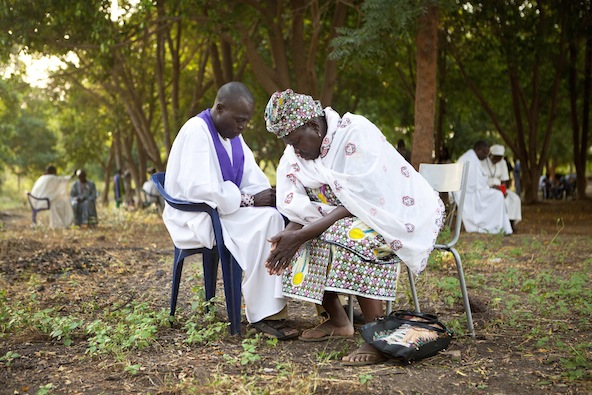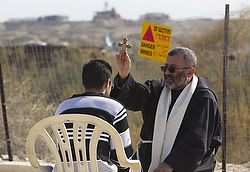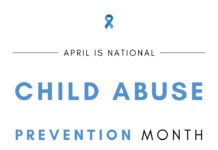
Why is it that asking for help is so hard for us? Why do we hide our struggles? Haven’t we seen time after time that things are easier when we ask for help?
Those are the questions that weighed me down on a short drive back to the office yesterday following an interview for an upcoming article. It was never my place to know the specifics, but I had learned that people I see with some regularity endure some personal hardships. Fortunately, when someone mentioned the need, another person responded by casting out her net to the parish community. Now several people carpool weekly to tutor local Catholic school students in small group settings.
About an hour after lamenting to God that we need to learn to ask for help, I missed a personal call on my phone. I picked up the voicemail last night. It was from someone wondering where she could find a time for confession outside of the communal penance services held during Advent and Lent. I realized a few things:
- that the Lord’s timing is always awesome with that voicemail, the feast of the conversion of St. Paul and our diocesan pastoral letter on the Sacrament of Reconciliation all melding into one vigil night and feast day. (Related story)
- that the Church wants us to seek the sacrament of reconciliation as often as needed, but many parishes tend to limit confession times to the hour before a Saturday vigil Mass. Not very helpful when the bulk of Mass attendance is Sunday morning and some work Saturday afternoon or have other obligations. There’s usually a “or by appointment” disclaimer, but that might be tougher for those who have been away from the sacrament for awhile to feel comfortable setting up such a date.
-

A Franciscan priest holds a cross as he hears confession from a young pilgrim during a ceremony at the baptismal site known as Qasr el-Yahud near the West Bank city of Jericho Jan. 13. It’s the traditional site where John the Baptist is believed to have baptized Jesus. (CNS photo/Ronen Zvulun, Reuters) that there’s a major miss in welcoming back lapsed Catholics. Many Catholic resources will — I’m guessing painstakingly — compile lists where people can go across a metro area for Mass times (take Masstimes.org, Parishesonline.com, thecatholicdirectory.com as examples) as well as where people can go across metro areas for perpetual eucharistic adoration (as examples: ihradio.com and therealpresence.org), but I haven’t found anything that sorts out where and when people can go to confession.
There are some good resources on the sacrament and how to make a good confession. I directed my caller to these:
- The sacrament from ConfessionisBeautiful.com (a local parish is leading the effort to draw people back to the sacrament. Related story). Find canon law, reflections from the saints, an examination of conscience and more.
- Sacraments 101: Penance from Catholics Come Home. Easy-to-read info about the whys and hows of confession. It also shows this video:
But I’m not finding anything concretely directing them to that next step. Wouldn’t confession times change just as often as Mass times? It doesn’t seem like confession times would be any harder to compile than Mass times. Perhaps this can be a call to the abled person out there capable of developing an app, a webpage or something that can direct someone ready to make a conversion of heart to seek that change through the sacrament of reconciliation.







